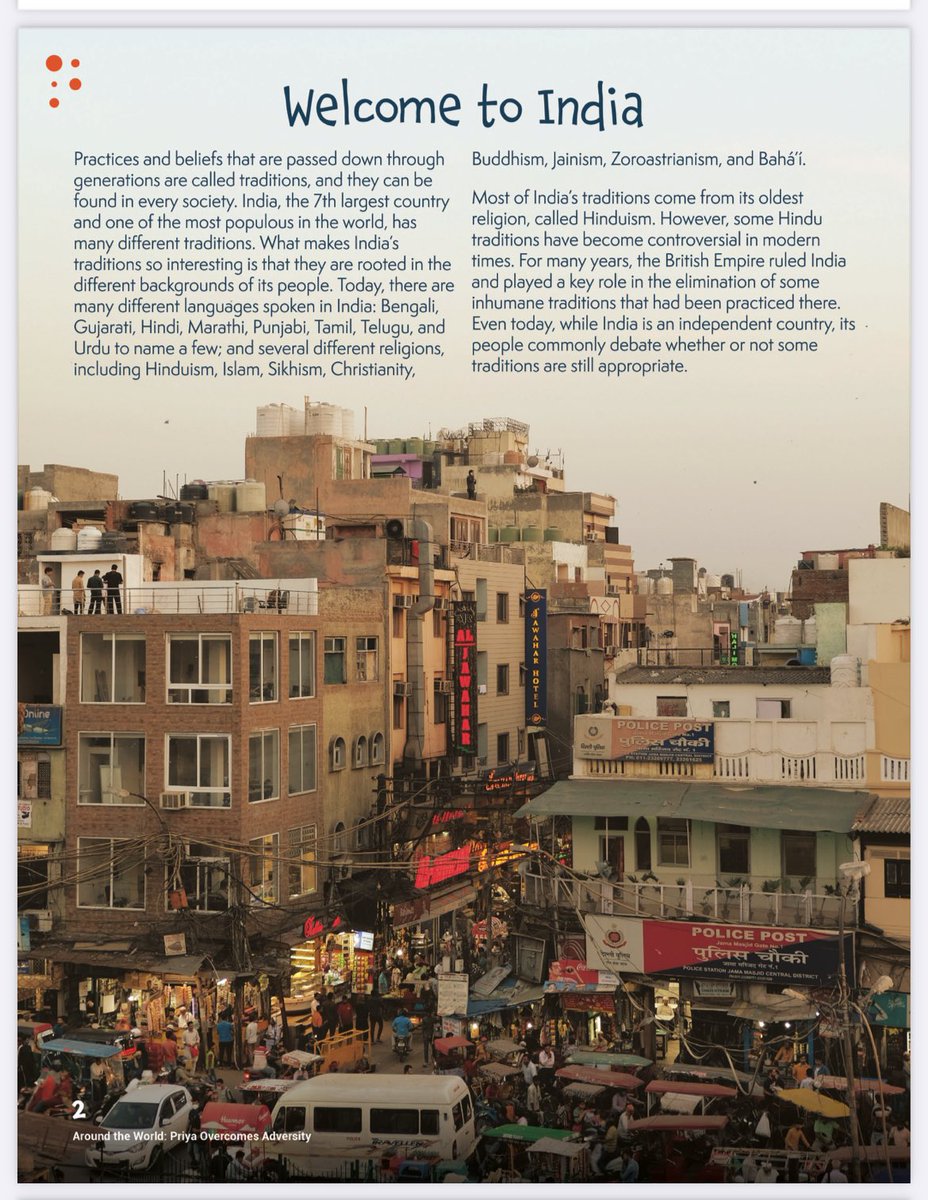Hindu parents,think about the underlying messages in #Diwali ads
How can we help our young ones process them? There’s no quick band aid.
Are we aware that everything leaves an impression on the subconscious, & leaving kids to market forces alone isn’t an option?
Some examples+
How can we help our young ones process them? There’s no quick band aid.
Are we aware that everything leaves an impression on the subconscious, & leaving kids to market forces alone isn’t an option?
Some examples+

1.
“This Diwali, cancel out the noise or bring out your unheard side”
What your child hears: “firecrackers are a nuisance. I can buy earbuds to tune out the noise! Wow this is a neat solution!”
What parents must see: consumption is an alternative to engaging with festivals
++
“This Diwali, cancel out the noise or bring out your unheard side”
What your child hears: “firecrackers are a nuisance. I can buy earbuds to tune out the noise! Wow this is a neat solution!”
What parents must see: consumption is an alternative to engaging with festivals
++

2. “A Zen-ful Diwali”
What your child hears: “Oh what’s this Zen? This guy looks good. I want to be like him! Umm…being a classy Buddhist is cooler than being a noisy Hindu”
Parent: A sensitive Hindu child often becomes besotted with Buddhism after history lessons in school
++
What your child hears: “Oh what’s this Zen? This guy looks good. I want to be like him! Umm…being a classy Buddhist is cooler than being a noisy Hindu”
Parent: A sensitive Hindu child often becomes besotted with Buddhism after history lessons in school
++

3.
“Staying connected is celebrating the festive season the smarter way”
What your child hears: “Diwali is old fashioned! I must say festive season like a cool 😎 kid!”
Parent: It’s just (yawn) copied from USA. Soon we will be saying “happy holidays!” from Dasara to Deepavali
+
“Staying connected is celebrating the festive season the smarter way”
What your child hears: “Diwali is old fashioned! I must say festive season like a cool 😎 kid!”
Parent: It’s just (yawn) copied from USA. Soon we will be saying “happy holidays!” from Dasara to Deepavali
+

4.”Crammed frames are a sign of a happy Diwali”
This one is tricky. Zoning by age is celebrated
Parent thinks “so beautiful! It’s family celebration!”
Teens see “I need to celebrate Diwali My way partying with friends My age only! That’s cool - like these guys & gals here!”
++
This one is tricky. Zoning by age is celebrated
Parent thinks “so beautiful! It’s family celebration!”
Teens see “I need to celebrate Diwali My way partying with friends My age only! That’s cool - like these guys & gals here!”
++

5. This one is straightforward.
Schoolgirl actually says “I used to think Diwali was all about noise & smoke only”…till Realme opened her eyes to the beautiful bindi-less world of caring & sharing..
Kids hear: “Disgusting hindu ways of smoke & noise. I must move beyond this”
+
Schoolgirl actually says “I used to think Diwali was all about noise & smoke only”…till Realme opened her eyes to the beautiful bindi-less world of caring & sharing..
Kids hear: “Disgusting hindu ways of smoke & noise. I must move beyond this”
+
https://twitter.com/realmeIndia/status/1582965707444101120
6. “Celebrate your way”
Wow! Fashionable young people having fun! Whipping up pasta to celebrate with your cat is Diwali too!Shooting YouTube shorts in your business suit, making your friends jealous by going on a solo trip is Diwali! Video games in western casuals is Diwali!
++
Wow! Fashionable young people having fun! Whipping up pasta to celebrate with your cat is Diwali too!Shooting YouTube shorts in your business suit, making your friends jealous by going on a solo trip is Diwali! Video games in western casuals is Diwali!
++
https://twitter.com/oneplus_in/status/1574725575574360064
7/7
Troublesome trends:
a) Complete lack of inter generational bonding
b) No Indian-ness in clothing or decor
c) Unabashed celebration of individualism
d) Consumerism as the ultimate aspirational value
Young ones will find it irresistible.We must come up with our own solutions.
Troublesome trends:
a) Complete lack of inter generational bonding
b) No Indian-ness in clothing or decor
c) Unabashed celebration of individualism
d) Consumerism as the ultimate aspirational value
Young ones will find it irresistible.We must come up with our own solutions.
• • •
Missing some Tweet in this thread? You can try to
force a refresh

















